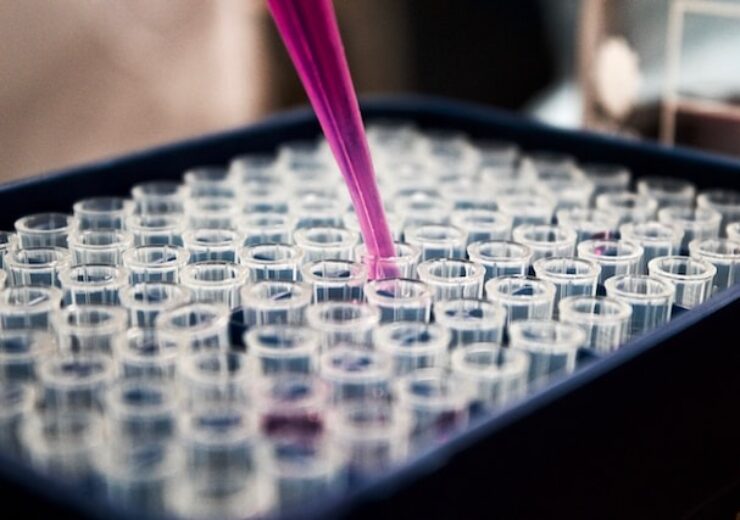The UK-based diagnostic company will leverage its Portrait HER2 assay in a Phase 2 pilot study of the Japanese drugmaker’s antibody-drug conjugate (ADC) BB-1701 to determine the HER2 status of patients with breast cancer

Angle, Eisai partner for Portrait HER2 assay. (Credit: Louis Reed on Unsplash)
Angle, a UK-based developer of advanced circulating tumour cell (CTC) diagnostic solutions, has signed a contract worth $250,000 with Japanese pharmaceutical company Eisai.
Under the partnership, the UK-based diagnostic company will leverage its Portrait HER2 assay in a Phase 2 study of the Japanese drugmaker’s antibody-drug conjugate (ADC) BB-1701.
In the study, the assay will be used for CTC analysis to evaluate the human epidermal growth factor receptor 2 (HER2) status of breast cancer patients.
HER2 is a critical indicator of breast cancer and plays a key role in its prognosis and treatment.
The Portrait HER2 assay will quantitatively assess HER2 protein expression and gene amplification to identify patients who are eligible for anti-HER2 ADC treatments.
Angle CEO Andrew Newland said: “The use of CTC biomarkers in clinical trials is a rapidly growing field enabling longitudinal monitoring of genomic, transcriptomic, and proteomic changes.
“Angle’s Portrait HER2 assay provides a way to evaluate HER2 status in patients where a tissue biopsy at the metastatic site either fails or is not feasible.
“We are delighted that Eisai is utilising our new HER2 assay for this study and believe that a successful pilot study will lead the way to a major expansion of this line of our business going forward.”
Angle said the pilot study with Eisai could lead to multiple large-scale follow-up studies, marking an important milestone in breast cancer treatment and research.
In September last year, the UK-based diagnostic company introduced its Portrait Flex CTC assay through its Onc-ADaPT GCP-compliant laboratories.
The Portrait Flex CTC assay is designed to enumerate and characterise the CTCs, captured and harvested using the company’s Parsortix technology.
It enables analysis of samples containing epithelial, mesenchymal, blood lineage and nuclear markers using immunofluorescence staining, with options for additional biomarkers.
